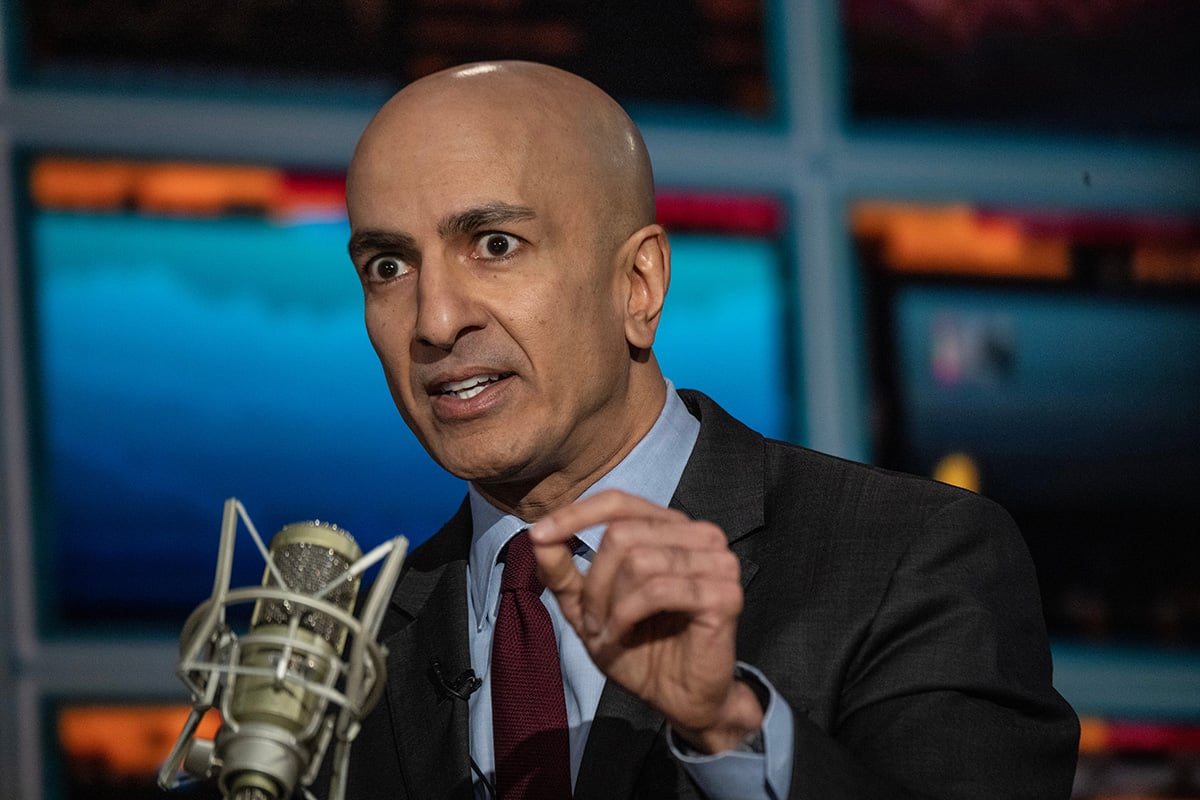The 2018 class of initial public offerings (IPOs) looksespecially vulnerable to the impact of an extended governmentshutdown, thanks to an arcane rule requiring recent listings towait for regulatory approval before raising cash in a follow-onoffering.
|President Donald Trump told reporters on Wednesday thatCongressional Republicans are unified behind continuing theshutdown, which he previously warned could last for months, or evenyears. While the shutdown prevents companies from moving forwardwith new IPOs, those that have already listed face their own set ofchallenges.
|“The dynamic for follow-on offerings might be even moreproblematic than for delayed IPOs,” says Dave Sabow, head ofSilicon Valley Bank's life science and healthcare practice.
|Well-performing IPOs typically bring another equity offeringwithin a year of listing in order to provide liquidity forinvestors and raise more cash at a stronger valuation. But becauseof the companies' short reporting history, they must wait for theSEC to reopen so that it can review their filings to sell morestock. Soaring 2018 IPOs such as Dropbox Inc., Elastic NV,Pluralsight Inc., Smartsheet Inc., and HUYA Inc. will have to delayany plans for equity financing until the government reopens, orelse they will have to find an alternative source of cash.
|In a phone interview from the sidelines of the JPMorganHealthcare Conference, Sabow said those alternatives could includeprivate debt financing, partnerships, out-licensing agreements, orgeographic licensing arrangements.
|“There are things beyond equity that can finance innovation,” hesaid. “The importance of those alternatives increases as thisshutdown goes on.” But those options might not work for every firmin every sector.
|“There are not a lot of options,” says Carter Mack, presidentand co-founder of JMP Group LLC. “If you were planning on raisingequity, you want to raise equity.”
|Since the government shutdown began last month, just threefollow-on offerings have raised a total of $811 million in the U.S.through Wednesday afternoon, according to data compiled byBloomberg. Over the same period last year, 13 deals raised nearly$6 billion.
|Other companies with market caps above $700 million, or thosethat issued $1 billion in debt over the past 3 years, can raiseequity during the shutdown without SEC review because they qualifyas a so-called “Well Known Seasoned Issuer.” That designation wascreated by the SEC in 2005 to make it easier for larger, morefamiliar firms to bring offerings. But these companies also havefewer reasons to raise cash in a shutdown, as acquisitions and drugtrials remain in limbo.
|Sabow says most companies remain optimistic that the shutdownwill not last much longer: “I think people are heavily discountingany scenario where this becomes an intermediate- to long-termshutdown. If that happens, I wouldn't be surprised if we see adifferent sentiment out there.”
||
From: Bloomberg
|Copyright 2019 Bloomberg. All rightsreserved. This material may not be published, broadcast, rewritten,or redistributed.
Complete your profile to continue reading and get FREE access to Treasury & Risk, part of your ALM digital membership.
Your access to unlimited Treasury & Risk content isn’t changing.
Once you are an ALM digital member, you’ll receive:
- Critical Treasury & Risk information including in-depth analysis of treasury and finance best practices, case studies with corporate innovators, informative newsletters, educational webcasts and videos, and resources from industry leaders.
- Exclusive discounts on ALM and Treasury & Risk events.
- Access to other award-winning ALM websites including PropertyCasualty360.com and Law.com.
*May exclude premium content
Already have an account? Sign In
© 2024 ALM Global, LLC, All Rights Reserved. Request academic re-use from www.copyright.com. All other uses, submit a request to [email protected]. For more information visit Asset & Logo Licensing.







